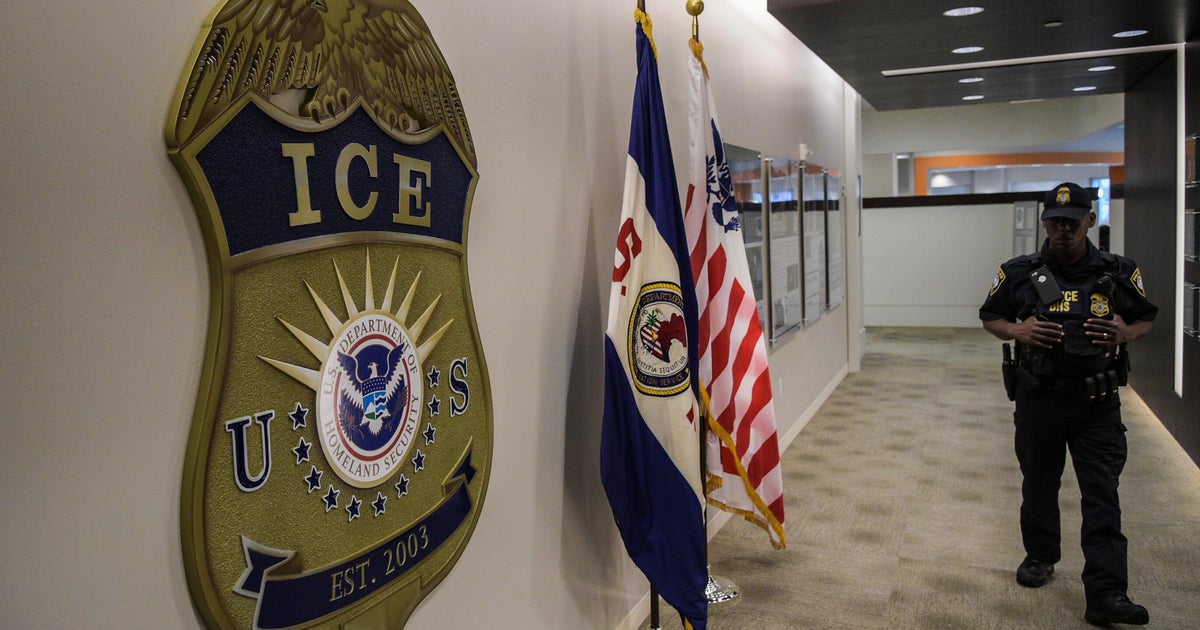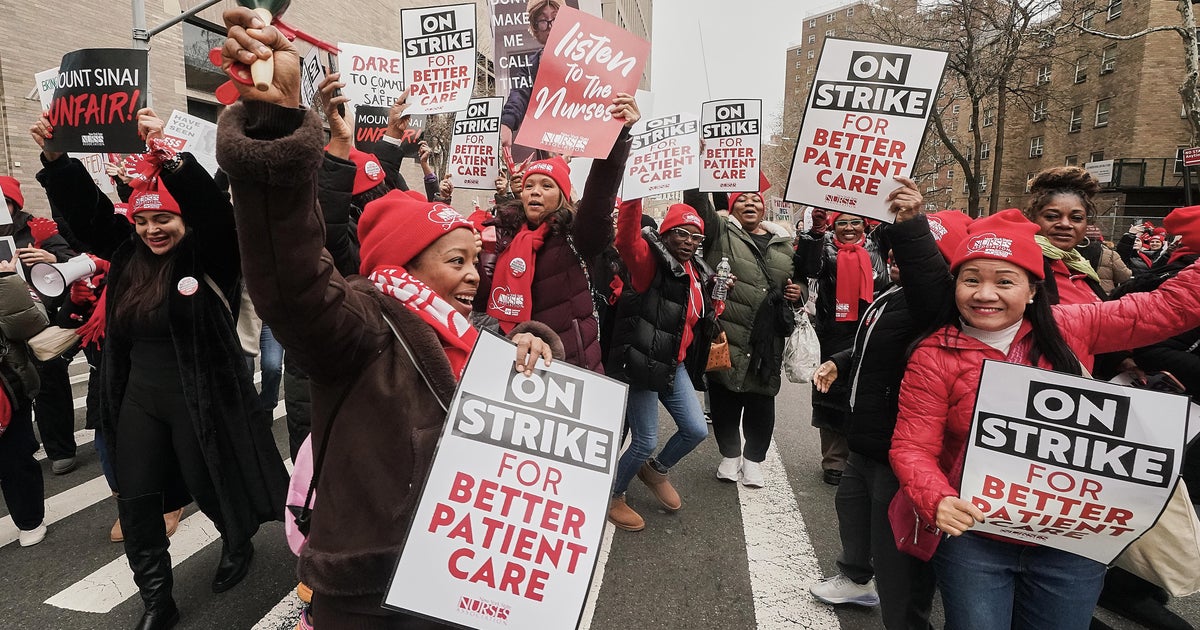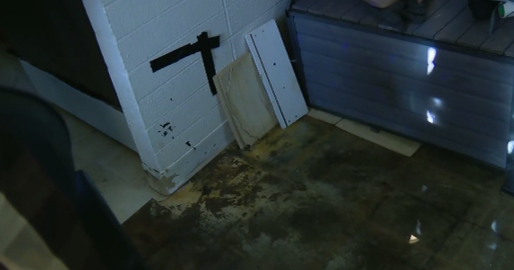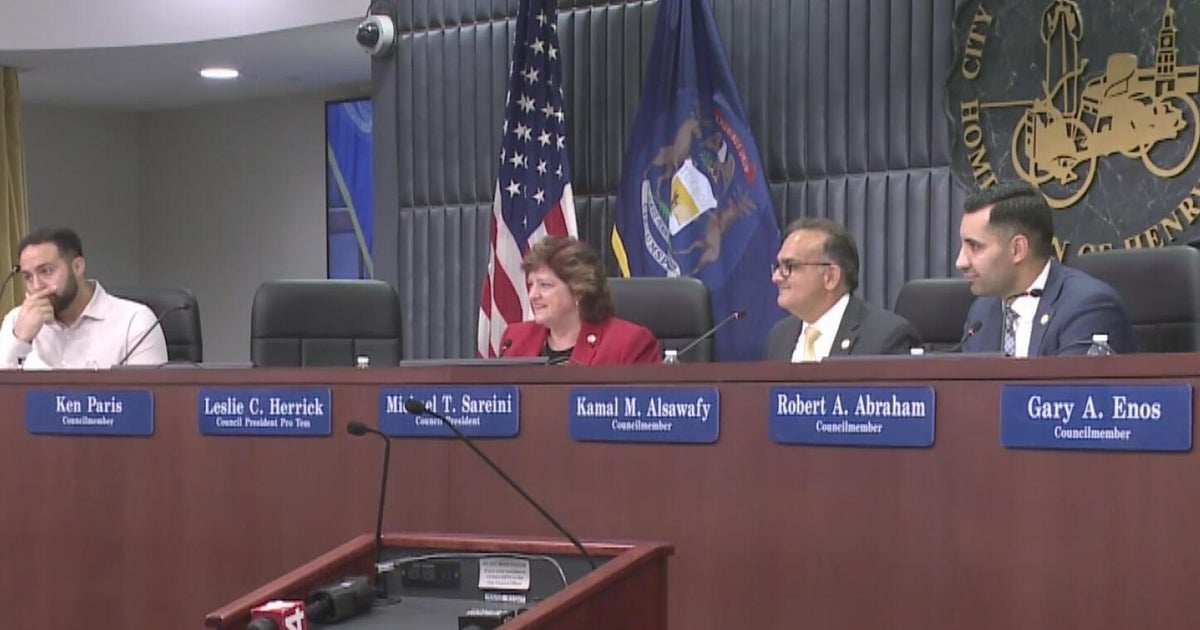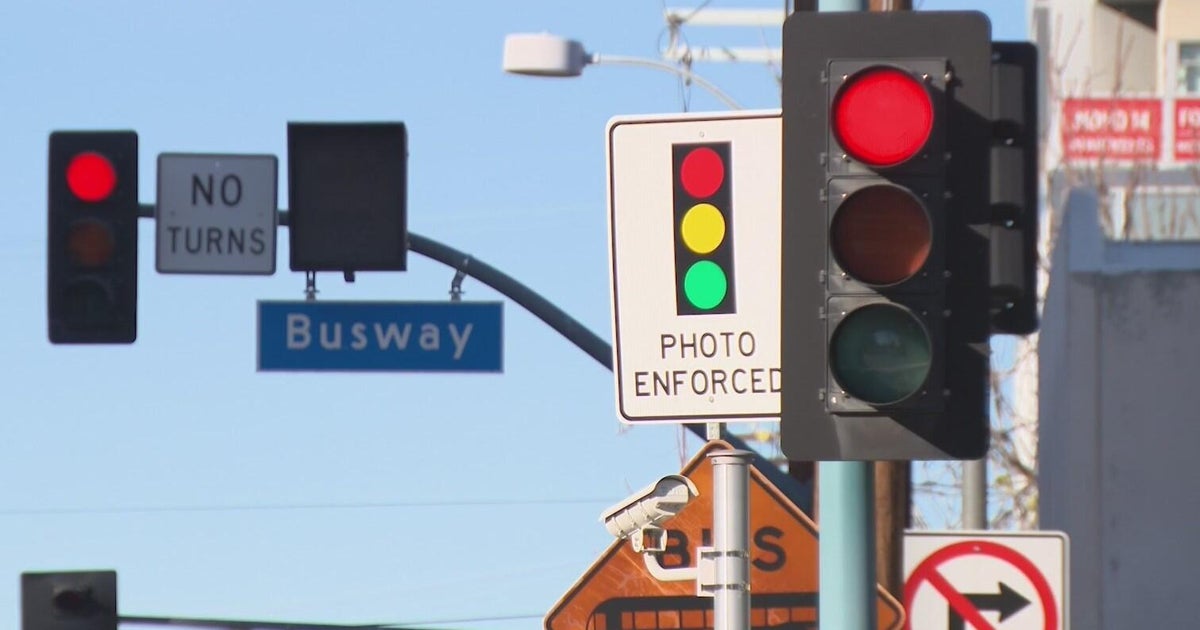Squatters pushing New York City homeowners to financial limits
NEW YORK -- Squatters taking advantage of laws that allow them to live rent free while the lengthy court process plays out are a growing problem in New York City.
Squatters have victimized many New Yorkers who say something has to be done.
"My tenants only pay me one month's rent, and they know the game. They know after 30 days you cannot evict them," said Hong Chen, who spent thousands of dollars trying to get squatters out of a home in Maspeth.
"They turned off the hot water and then reported that they had no hot water. It's a $250 fine per day, up to $15,000 punishable by five years in jail," said homeowner Susan Mascara, who used up her savings paying for seven years of upkeep on the Bayside home she inherited from her mother. "I'm in debt. My credit cards are pretty much maxed out."
"I'm not getting any rent and I'm paying the gas and electric every month," said John Sochran, who's using his pension money for expenses on the College Point home he hoped would provide retirement income.
These stories were repeated over and over by irate and often unwitting property owners who went to City Council Member Vickie Paladino's office desperately seeking help Thursday.
"Some of them make me cry. All I want to do is make things better," said Paladino.
Paladino believes part of the solution is to change the law which allows people to claim squatters rights after living in a place for 30 days. She wants it changed to 180 days.
"They own the property and they have no rights. Squatter rights, oxymoron. Squatters have no rights," said Paladino.
Squatters terrified one neighbor after they took possession of a home next door in Whitestone.
"7:30 in the morning there'd be people on the front lawn drinking beer, smoking pot," she said. "Different cars from different states showing up and then license plates being swapped. It was frightening."
The problem isn't limited to Queens. It's citywide, impacting apartment owners, homeowners, people who leave their homes unattended during vacations and retirees who are afraid their investment income might not come through.

